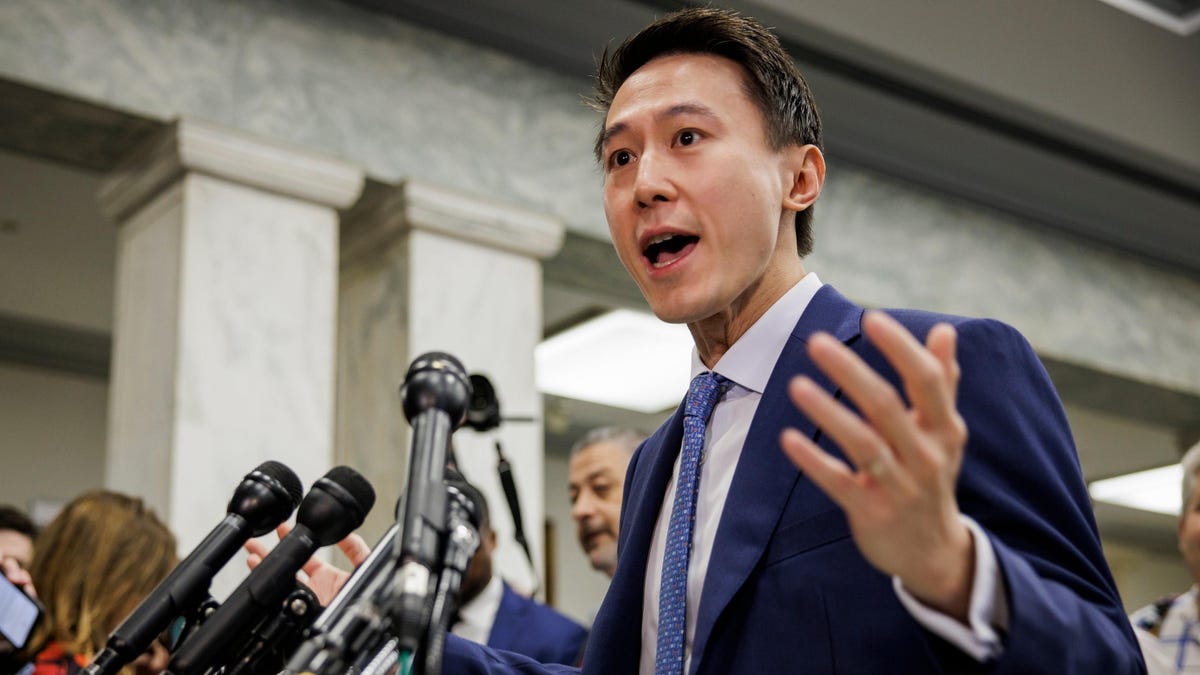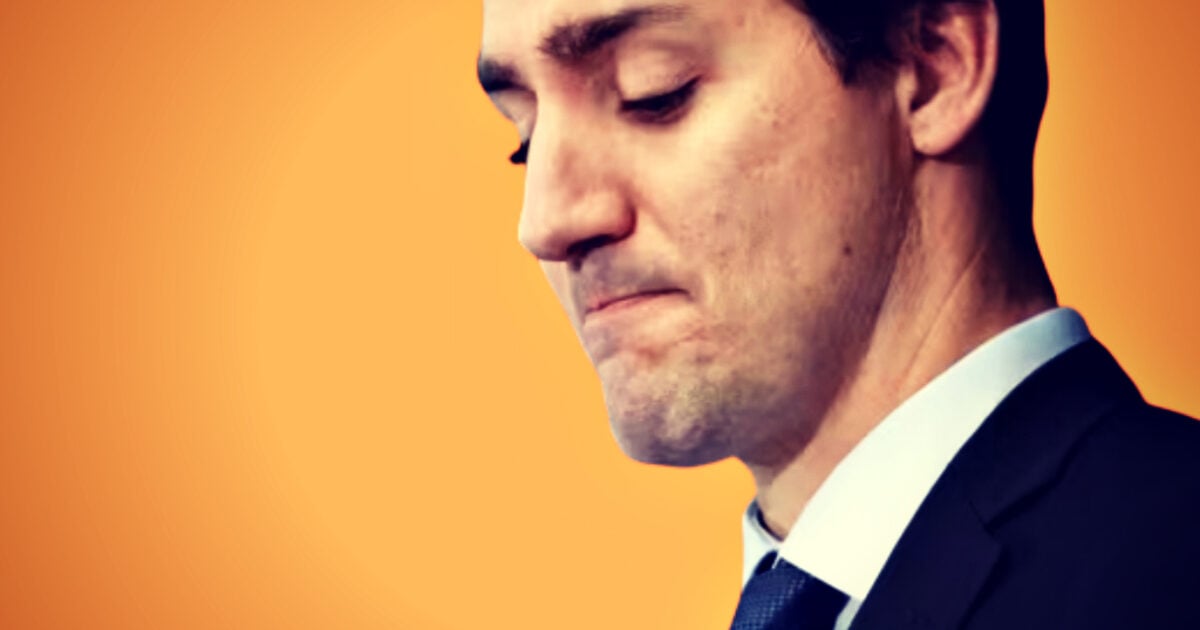The Impact of President Biden’s TikTok Ban
President Biden recently signed the TikTok ban into law, mandating China-based Bytedance to sell the app or face a ban in American app stores. TikTok, however, has vowed to challenge the law in court, anticipating the case to escalate to the Supreme Court. According to TikTok, Biden’s law infringes upon First Amendment rights. Legal experts interviewed by Gizmodo concur with TikTok’s stance, highlighting the potential constitutional implications of the ban.
Debating the Legality of the TikTok Ban
First Amendment attorney Marc Randazza expressed skepticism towards the ban, particularly when national security concerns are cited as the primary justification. He emphasized the need for a solid constitutional rationale to justify banning TikTok within the United States, given the protection the First Amendment affords to speech, including foreign government propaganda.
Furthermore, lawyers argue that the forced sale or ban of TikTok would impact the speech of various stakeholders, including TikTok as a publisher, its users who engage in dialogue on the platform, and the app stores that distribute TikTok. Any limitations on this speech would require substantial evidence of wrongdoing on TikTok’s part, which, as of now, remains unsubstantiated by Congress.
Evaluating Allegations Against TikTok
U.S. lawmakers, such as Senator Mark Warner, have labeled TikTok as a propaganda tool for the Chinese Communist Party, raising concerns about the spread of disinformation among American youth. While these allegations are serious, the legality of propaganda falls under the protection of the First Amendment, regardless of its source.
Another point of contention revolves around TikTok’s alleged data collection practices, with Congressman Michael McCaul accusing the app of sharing American user data with the Chinese government. Despite these claims, TikTok asserts that it stores American data within the U.S. under Project Texas and vehemently denies any data-sharing practices with China.
Privacy Concerns and National Security
Privacy advocates caution against using national security as the primary rationale for banning TikTok, as it could set a dangerous precedent for curtailing constitutional rights. Additionally, the lack of a comprehensive data privacy law in the U.S. raises questions about the extent of data collection by various entities, including tech companies and government agencies.
In light of these debates, legal experts stress the importance of presenting concrete evidence to support the ban on TikTok. Without sufficient proof of wrongdoing on TikTok’s part, the legality of the ban may face scrutiny in court, underscoring the need for a balanced approach to addressing national security concerns without infringing upon individual rights.
Image/Photo credit: source url





